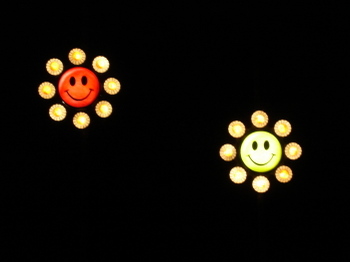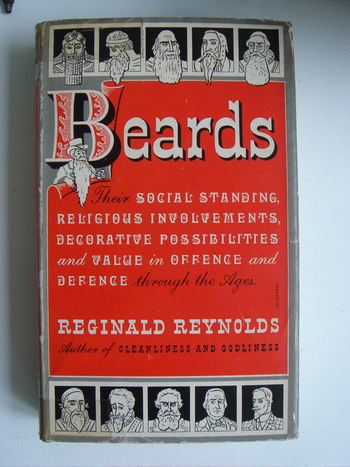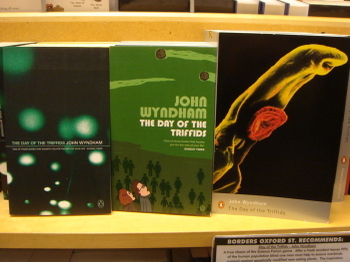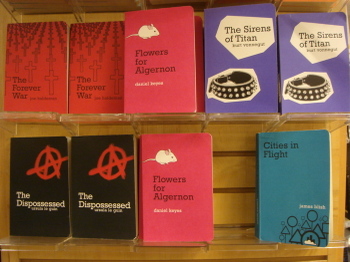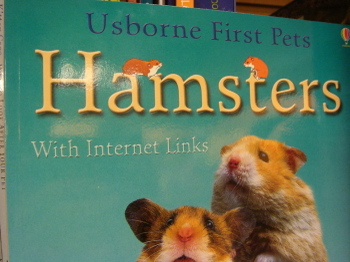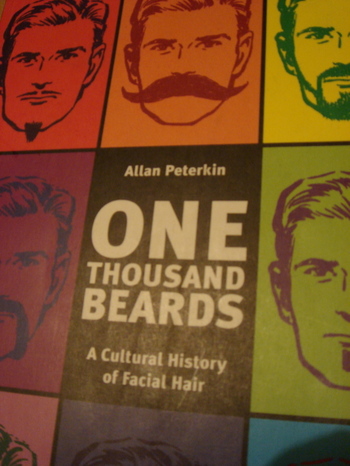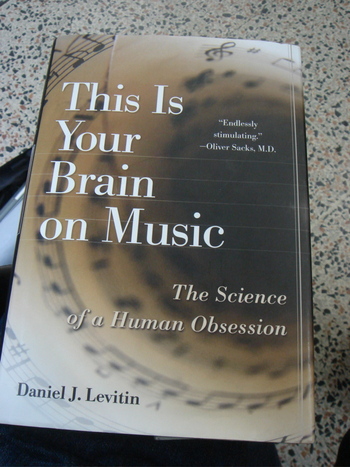
I suspect that one of the reasons I’m a creative generalism enthusiast is that I wasn’t allowed to do the A levels I wanted to do at school – English, Music and Physics. The timetable didn’t allow for that combination of arts and sciences. I’ve always had this feeling (obviously untrue) that if I’d been allowed to do that I’d be Thomas Dolby by now.
This strange combination of interests probably makes me the core audience for This Is Your Brain On Music by Daniel J Levitin but I suspect it’s more than just me that’ll like it. And I really liked it. Mr Levitin started life as a musician and then became a well-respected recording engineer and producer. Before chucking it all in and becoming an expert in neuroanatomy, cognition, perception and music. What a brilliant life. And he writes really well too. If you’re interested in the way the brain works, or how music works, or how people work you’ll like this book.
I’m never any good at writing proper book reviews so instead here are two little moments I attached sticky notes too. They don’t necessarily indicate what the book’s about but they were bits that snagged on my brain.
He mentions the British philosopher Alan Watts, author of the The Wisdom of Insecurity; “if you want to study a river you don't take out a bucketful of water and stare at it on the shore. A river is not its water, and by taking the water out of the river, you lose the essential quality of river, which is its motion, its activity, its flow.” I love that idea. And it explains a lot of my dissatisfaction with the way most industries do research.
And he also talks about spandrels, a term that evolutionary biology has borrowed from architecture. A spandrel is apparently an accidental byproduct of a design decision – so if you design some arches to hold up a dome then the space between the arches is a spandrel. And, according to Steven Pinker, music is a spandrel. "Music is auditory cheesecake. It just happens to tickle several important parts of the brain in a highly pleasurable way, as cheesecake tickles the palate.” He thinks music is a byproduct of our evolutionarily adapted tastes for language, rhythm and stuff. Levitin disagrees and thinks music is useful evolutionary behaviour (citing the fact that Mick Jagger has slept with thousands of women despite being hugely ugly.) I'm simplifying tremendously.
I’m not qualified to enter that debate. But I think spandrel is a very useful term and will be attempting to shoe-horn it into all sorts of conversations very soon.
Reading this and listening to Bill Drummond talk about No Music Day has made me think about my own relationship with music again. I started a blog explicitly to talk about music. Because I felt I should be talking about something that’s that important to me. But I almost never write anything in it. I think I don’t like writing about music. I certainly don’t like reading about it. I think music might be an unbloggable part of my life. It’s good to know that something is.

